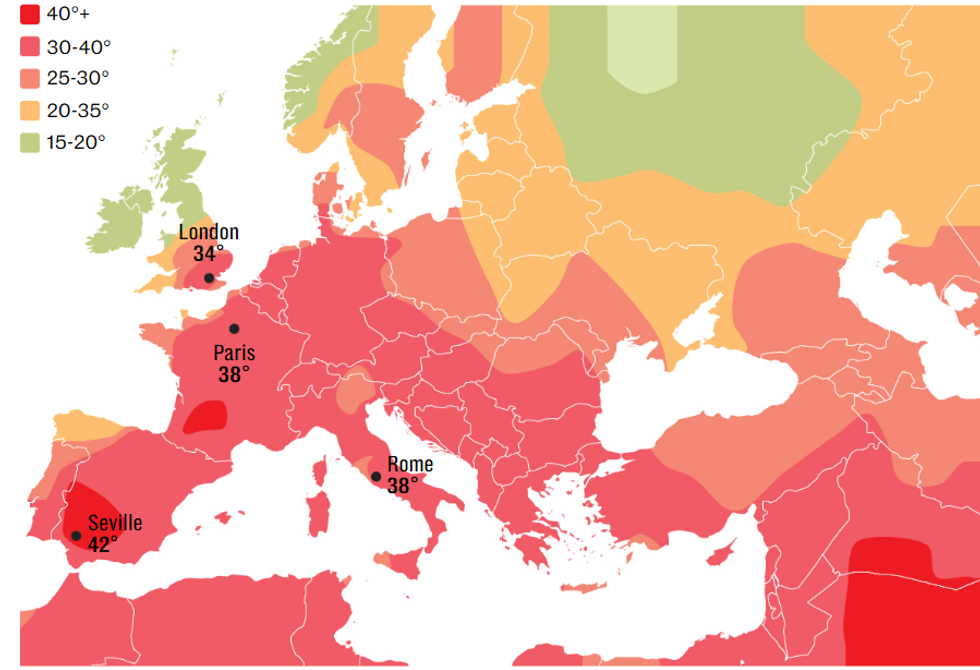A spell of warm weather forecast for the UK is set to benefit nature in the short term, with increased activity expected among birds, butterflies and other wildlife.
Described by some forecasters as a “mini-heatwave”, the brief rise in temperatures at the end of April is likely to bring migratory birds back sooner and encourage the emergence of insects such as butterflies and dragonflies.
According to the British Trust for Ornithology (BTO), a run of milder winters and wetter springs is already changing patterns in the natural world. Although the warm spell is expected to be brief, it offers an opportunity for the public to engage with seasonal wildlife.
“Dawn chorus is at its peak at the moment, and calm, warm mornings are perfect for enjoying it,” said Jon Carter of the BTO.
The Met Office noted that the expected weather should not negatively affect wildlife or water sources. “Climate change is already having a big impact on our wildlife, but a temporary blip like this is an end of April dividend for wildlife,” said Grahame Madge of the Met Office.
Warmer weather often accelerates wildlife activity. Birds may begin breeding earlier and spend less time incubating eggs. Insects such as butterflies are also more likely to appear during this time.
Swallows and swifts, which migrate to the UK to feed on insects in warmer months, are among the species arriving earlier. A swallow was already reported in southern England before March this year.
Butterflies such as the red admiral, peacock, and small tortoiseshell are increasingly active in warmer springs. Dragonflies also start appearing at this time of year.
There have also been recent sightings of rare species such as the European bee-eater, a bird that has recently begun nesting in the UK.
While the weather is encouraging for nature watchers, wildlife charities are urging caution in dry areas. Heathlands in places like Surrey are described as having “tinderbox conditions”, making them highly susceptible to wildfires.
Oliver Fry of Surrey Wildlife Trust said the region’s flat, gorse-covered landscape, home to rare species like the sand lizard, woodlark and silver-studded blue butterfly, is especially vulnerable.
Conservation groups have warned that wildfires pose a growing threat to wildlife, particularly in spring when many animals are emerging from dormancy or beginning to breed.
Anne McCall, director of RSPB Scotland, said climate change is contributing to more frequent and intense wildfires. “It is not just vegetation that gets destroyed by wildfire,” she noted. “This is a critical time of year for our native wildlife.”
Along coastal areas, there have been an increased number of whale and dolphin sightings. Experts suggest this could be linked to warming seas, although it remains unclear.
Danny Groves of Whale and Dolphin Conservation said rising sea temperatures can displace marine mammals. “Seeing whales and dolphins in the wild is always an awesome experience,” he said, “but seeing more of them, and more unusual species, around the UK coast may not be such a good thing.”

















 June 2025 was England’s warmest June since records began in 1884Met Office
June 2025 was England’s warmest June since records began in 1884Met Office


 Apsana Begum
Apsana Begum